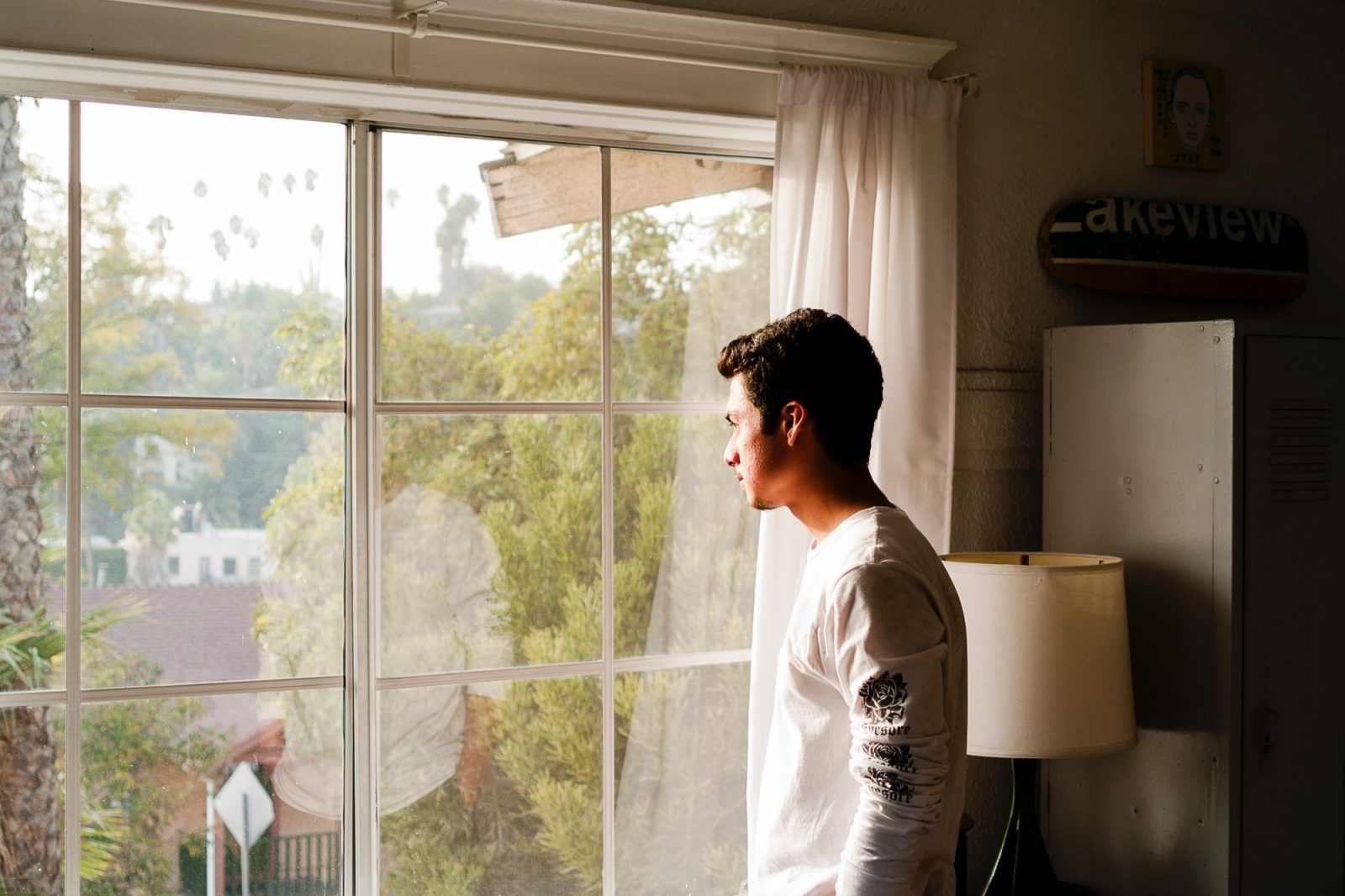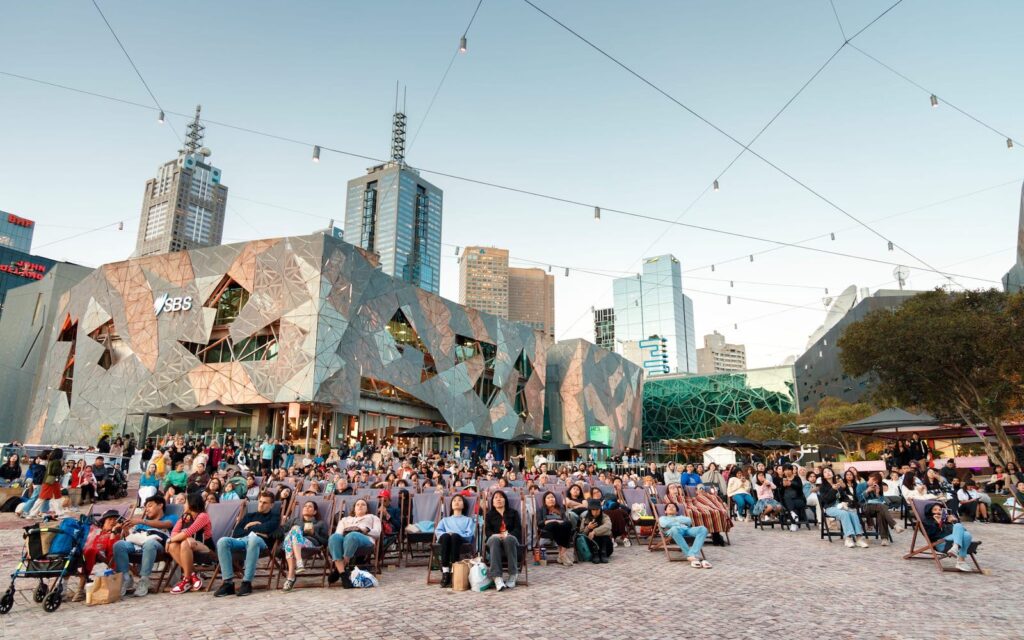Separation anxiety is a common feeling that stems from developing an emotional attachment to something and then not wanting to give it away.
With our daily case numbers lowering at a steady rate, there’s hope on the horizon and while it’s hard to remember what pre-COVID life entailed, it’s even harder to imagine what life beyond COVID-19 will be.
Many of us have asked each other, what even is normal anymore?
For the last six or so months, staying home has meant saving lives. Although we may be fatigued from what feels like Groundhog Day reloaded, the home life has become engrained in us. We’ve became coddled by the clean sanitised surfaces of our retreat and the four walls that enclose us are now our safe haven from the threat of the virus.
For many, looking forward means ridding the shackles of lockdown and regaining a sense of freedom. But for others, some relatively normal things like leaving your home for extended periods of time may be an anxiety-inducing thought.
As we begin to think about a COVID Normal and the return to normality, it’s important to know how best to navigate this transition.
Introducing the notion of ‘separation anxiety’.
Researcher, Lecturer and TEDx Speaker Dr Raquel Peel says humans can develop emotional attachment to places the same way we do to pets and other people.
“We develop attachment to places for the same reason we do to people and pets – to feel safe and to feel we belong,” Dr Peel says. “It is important to feel safe in order for one to deal with stress and feel able to explore other “needs”. Safety is a basic need; once one is able to feel safe, they can go after other needs, such as developing themselves and their careers, meeting people and having relationships, and exploring interests.”
You may be concerned by the fact that life after COVID-19 will probably look very different – especially for those who usually work in an office. Partner in PwC’s People and Organisation Consulting sector, Peter Wheeler says we should be prepared for a new normal.
“I think the traditional sense of the workplace is over,” Wheeler says in a recent PwC video. “It’s time to think about the office in creative new ways and what a distributive workforce might look like.
“Firstly I think that needs to think about digital and physical workplaces to enable work and to collaborate from different workplaces and home is a key part of that moving forward, and potentially even the idea of private office hubs.”
Change always takes time to adjust to and working from home was no different. Productivity levels of WFH posed some concerns at the start of the pandemic but over time we’ve come to see positives arise from having a home office as well. According to PwC, remote working offers greater flexibility, work-life balance, reduced commute time and feelings of more inclusion.
Although less common in adulthood, separation anxiety is very real for those who manifest an irrational fear of being separated or abandoned and can often cause fear in leaving one’s home. However, it is important to note not all who feel a sense of dread going back to the workplace or outdoor activities should be categorised as one.
Dr Peel says if these feelings are truly debilitating and you are experiencing “recurrent excessive distress” there are professionals out there that can help to deal with your separation anxiety.
Even if you don’t meet the clinical criteria, Dr Peel says there are many ways to develop strategies to cope and navigate life beyond lockdown.
“At a personal level, one can seek to understand what makes them feel safe and take control of that by translating or replicating that to other environments,” she says.
“It is important to feel grounded. This can be re-arranging the furniture at the office, having pictures of pets and places that resemble safety, having scents and music that remind them of safe spaces and setting up online dates with those that help them feel safe.”
So, it’s about understanding what makes you feel the most at ease and translating that feeling in creative ways to your new environment. Acknowledging your anxieties is the first step in finding a sense of normality in whatever lies ahead of us.
If you or someone you know is in need of support, contact SANE on 1800 187 263, headspace on 1800 650 890 or Lifeline Australia on 13 11 14.
Pinnacle Health and Beyond Blue have also provided useful resources on tips to transitioning back to office work.
Never miss a story. Sign up to Beat’s newsletter and you’ll be served fresh music, arts, food and culture stories three times a week.







